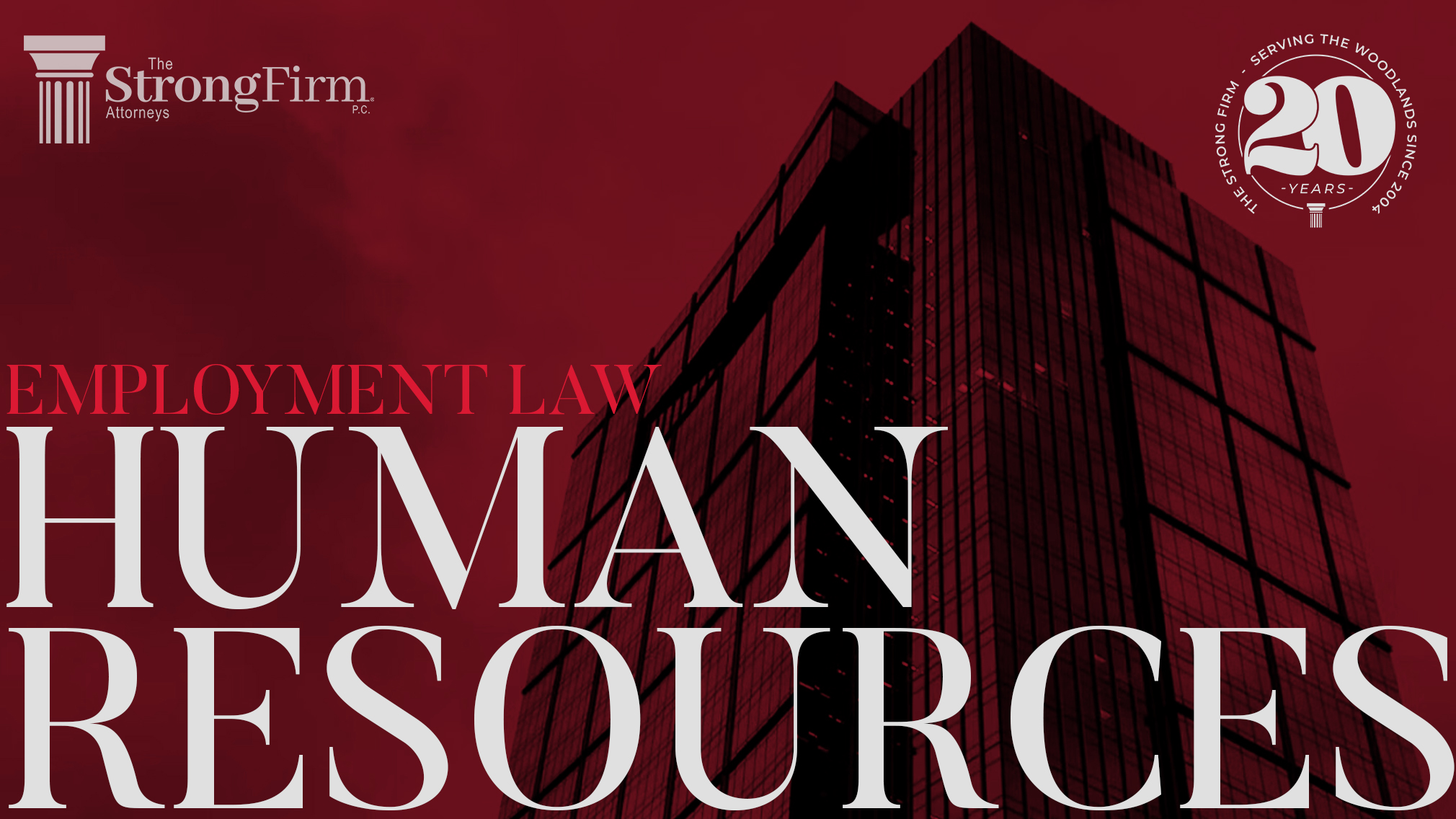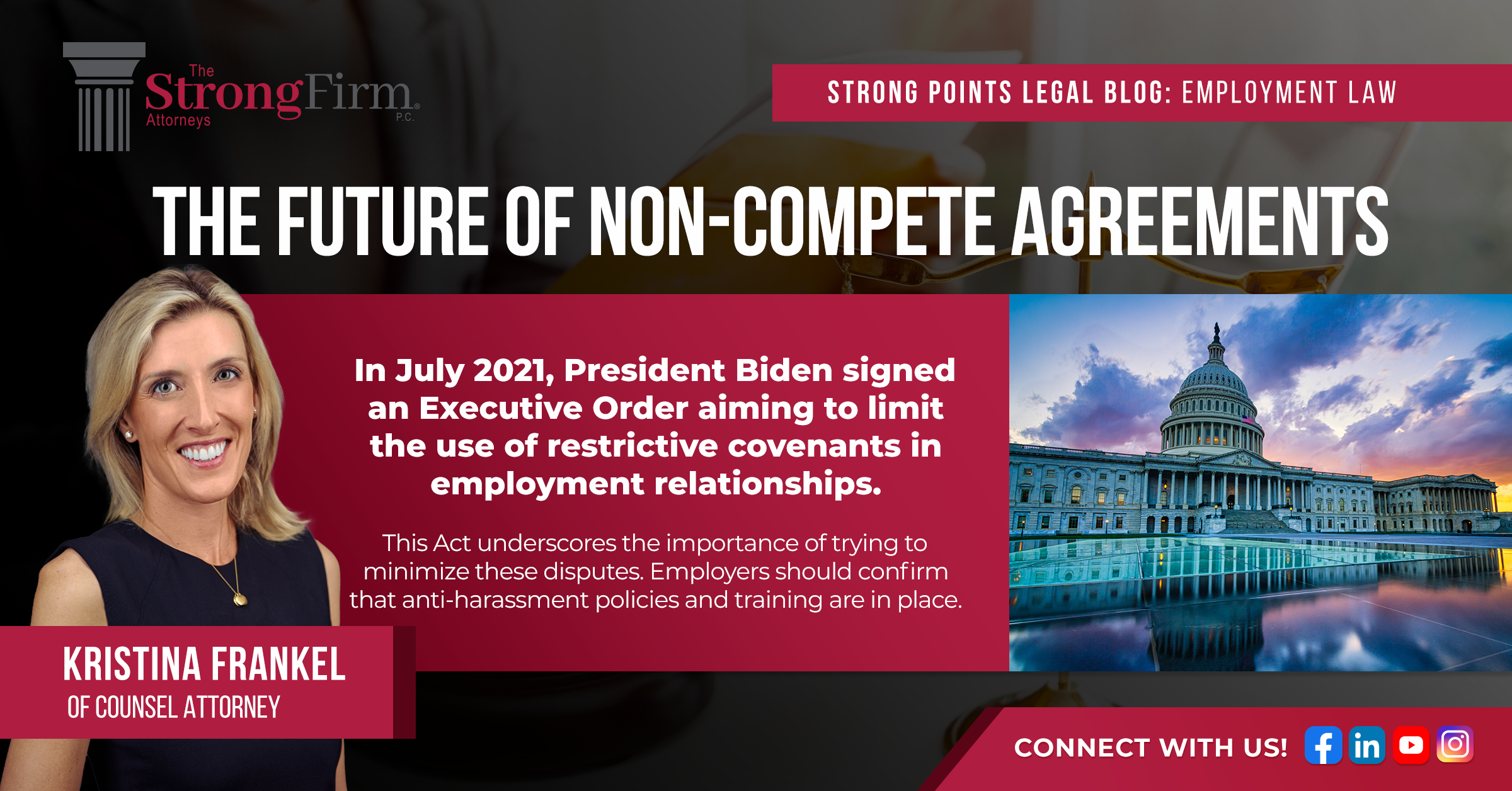We all hope to live harmoniously with our neighbors. Sometimes, however, disputes arise due to varying lifestyles. One way to resolve disputes is through the use of a form of alternative dispute resolution known as mediation.
Fact Scenario: George purchased his dream home – a wonderful old house in a beautiful neighborhood. During the day, George worked as an accountant, but three evenings a week, George was the drummer in a rock band known as “George and the Destroyers.” On the weekends, the band practiced at George’s house. The practice sessions started in the early evening, but often continued well into the night. The neighbors, most of whom were families with young children or retirees, asked George to keep the volume down or stop the practice sessions earlier in the evening, but the conversations quickly escalated into angry exchanges. The local police department received numerous complaints about the loud noise emanating from George’s house.
In this situation, all parties might benefit from the services of a mediator. In some states, the local police departments will refer parties to mediation services in an effort to resolve the own disputes without further police intervention.
What is mediation?
Mediation is a form of alternative dispute resolution. In mediation, the parties to a dispute come together, with a mediator, in attempt to resolve their differences without resorting to courts or law enforcement agencies. The mediator is a neutral third party with no interest in the proceeding other than assisting the parties in resolving their dispute. The mediator uses his or her training in dispute resolution techniques to help the parties come up with ideas on how to resolve their differences and assists the parties in structuring their discussions.
Who will be the mediator?
Although many mediators have specialized training, which is quite valuable in moving parties toward resolution of a dispute, a mediator can be any neutral third party. For example, a clergyman might be willing to serve as the mediator of a neighborhood dispute. The important factor to keep in mind is that the mediator must be neutral. In many areas, police departments and lawyer referral services maintain databases of mediators and mediation services.
What can I expect of mediation?
During the mediation, every party involved in the dispute will have an opportunity to discuss how they see the dispute and to say what they hope to see in the way of a resolution. The mediator will assist the parties in this regard. It may be necessary for the mediation to continue beyond one session, particularly where the dispute is complex or involves many parties. If the parties reach a settlement of their dispute, the mediator will assist the parties in drafting a written settlement agreement detailing the terms of the parties’ agreement. The parties agree to abide by the terms of their agreement.
Is there a fee for the mediator’s services?
In most cases, there is a fee for the mediator’s services. Notably, however, the range of fees charged by mediators for mediation services varies widely from state to state. It may also be possible to obtain no-fee or low-fee mediation services.
Where can I find more information on mediation services in my area?
You might consider using the following resources to find a mediator:
- lawyer referral services;
- churches;
- a telephone directory;
- hospitals; and
- the local police department.
Copyright 2012 LexisNexis, a division of Reed Elsevier Inc.




























